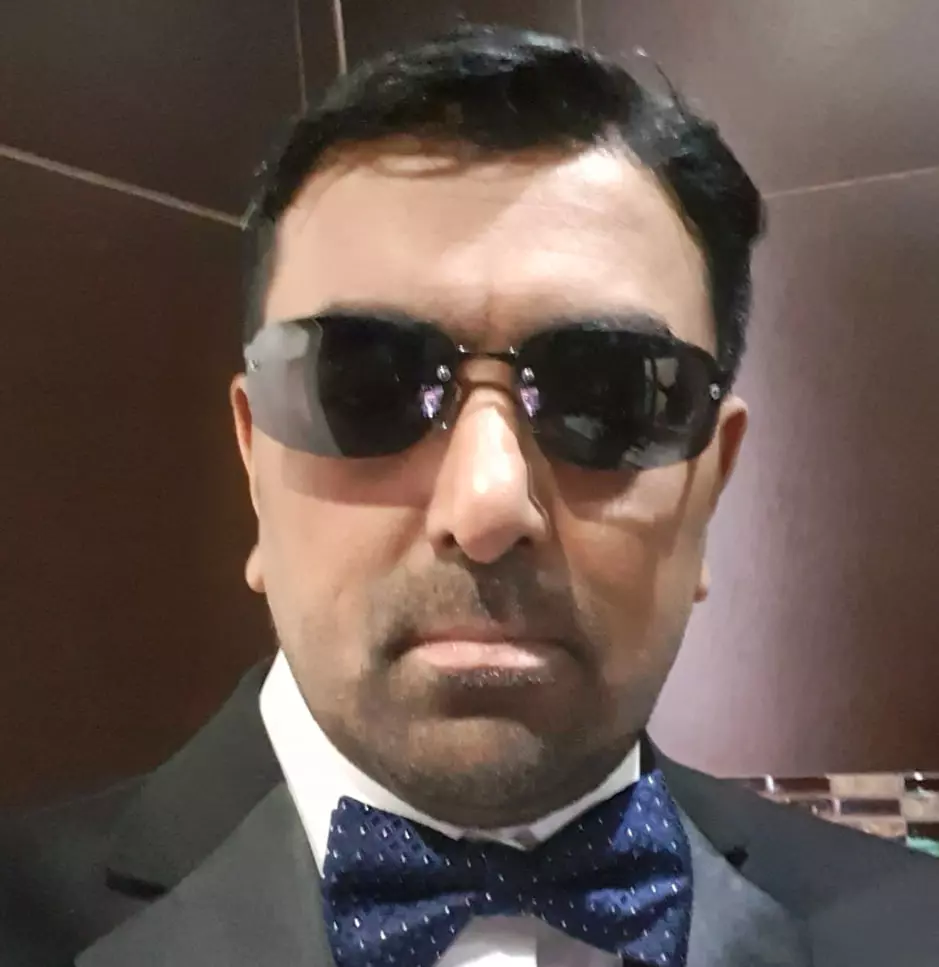melvincarvalho on Nostr: The web started out decentralized—everyone could read and write to it. The first ...
The web started out decentralized—everyone could read and write to it. The first client was a browser/editor, but the editing part was stripped out by VCs, taking decentralization with it.
Some, including the web's creator, have spent decades trying to re-decentralize the web. That’s the heart of the Solid project. It’s more than just personal storage—it's about giving everyone ownership of their piece of the web, like a giant super-Wikipedia with apps. The goal is a full web operating system under user control—not easy, but doable.
Nostr isn’t the whole answer, but it can be part of the solution. Nostr isn't meant for data storage, just relaying notes, etc., between users. What I’m adding to Solid is the ability to sign in with your public key—like your Nostr identity. This could give every Nostr user access to storage and apps. Solid always had public key sign-in, but that got squashed by the big browser vendors.
The other missing piece is payments. Payments are critical for all kinds of things, and once you have PKI, adding payments and wallets isn’t hard. But Nostr still lacks proper wallets, which is a big missed opportunity.
Lastly, we need time-based proofs. If you ask, "what’s my latest profile on Nostr?"—it’s not a simple question. Profiles get nerfed by different clients. But we can use Bitcoin’s time chain to lock in the latest version of anything, solving this coordination issue.
Govt itself is an operating system of sorts, designed for societal coordination. A decentralized web OS could provide the same for humanity, enabling people to own their labor and have virtual assistants serve and protect them. We’re close to making that vision a reality, using the tools we’ve built to create an open future.
Some, including the web's creator, have spent decades trying to re-decentralize the web. That’s the heart of the Solid project. It’s more than just personal storage—it's about giving everyone ownership of their piece of the web, like a giant super-Wikipedia with apps. The goal is a full web operating system under user control—not easy, but doable.
Nostr isn’t the whole answer, but it can be part of the solution. Nostr isn't meant for data storage, just relaying notes, etc., between users. What I’m adding to Solid is the ability to sign in with your public key—like your Nostr identity. This could give every Nostr user access to storage and apps. Solid always had public key sign-in, but that got squashed by the big browser vendors.
The other missing piece is payments. Payments are critical for all kinds of things, and once you have PKI, adding payments and wallets isn’t hard. But Nostr still lacks proper wallets, which is a big missed opportunity.
Lastly, we need time-based proofs. If you ask, "what’s my latest profile on Nostr?"—it’s not a simple question. Profiles get nerfed by different clients. But we can use Bitcoin’s time chain to lock in the latest version of anything, solving this coordination issue.
Govt itself is an operating system of sorts, designed for societal coordination. A decentralized web OS could provide the same for humanity, enabling people to own their labor and have virtual assistants serve and protect them. We’re close to making that vision a reality, using the tools we’ve built to create an open future.
